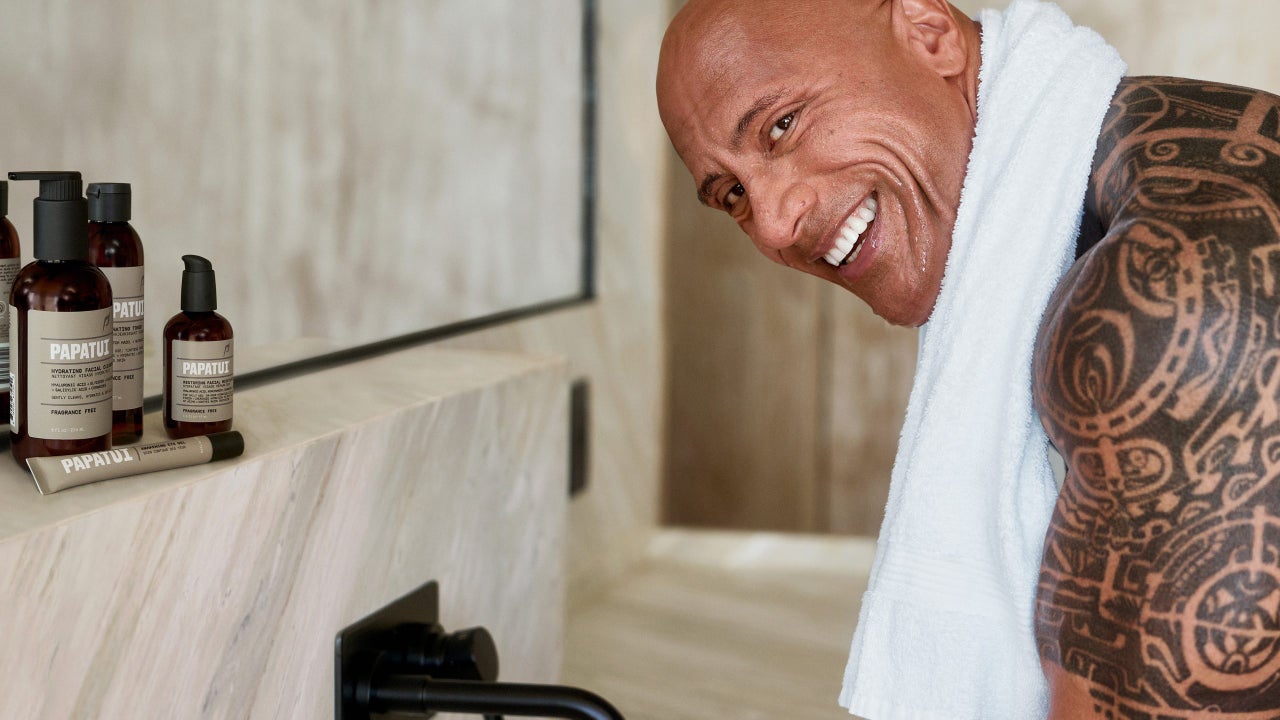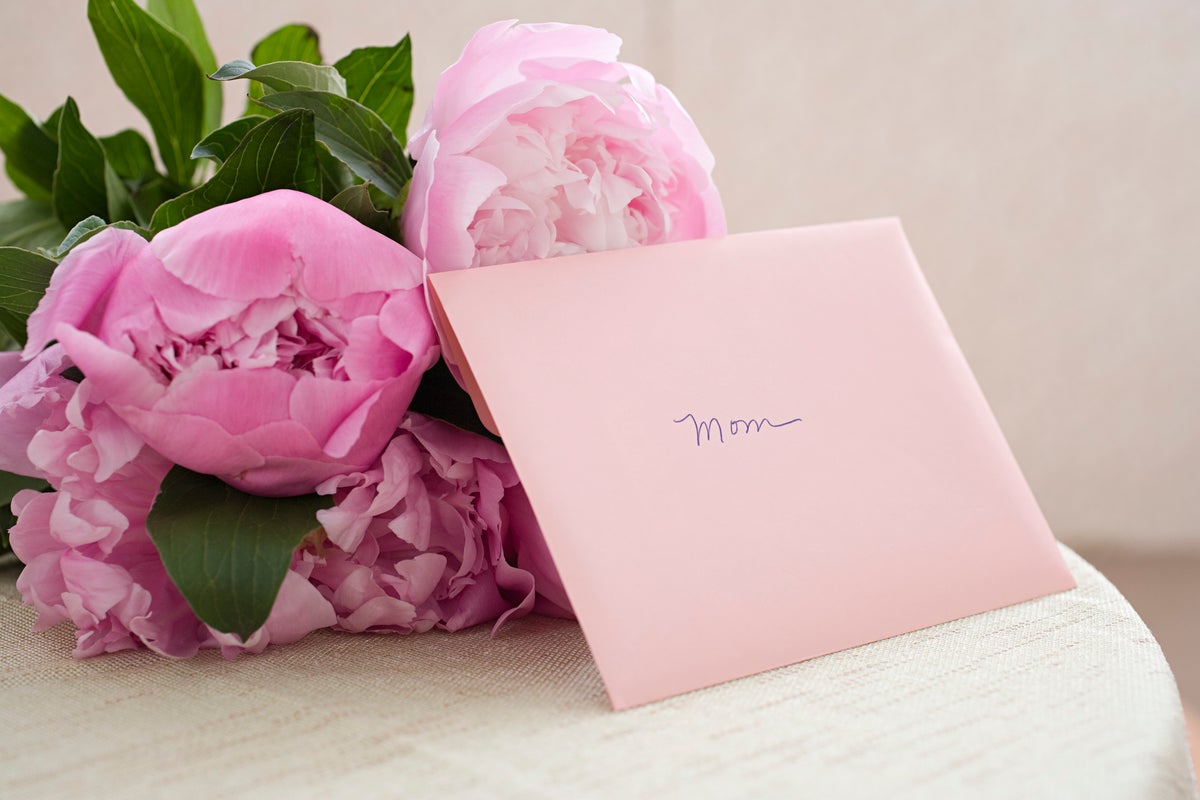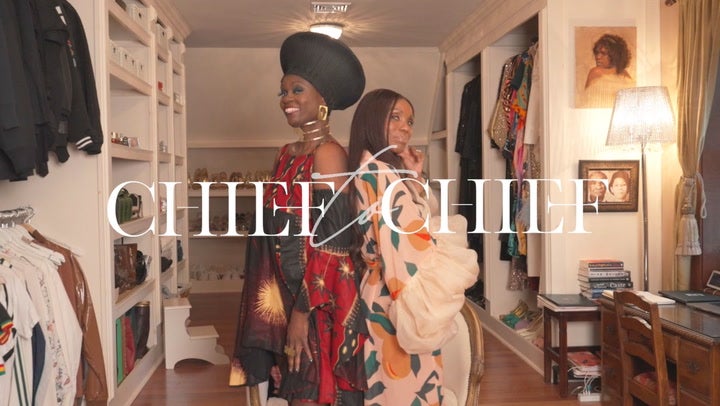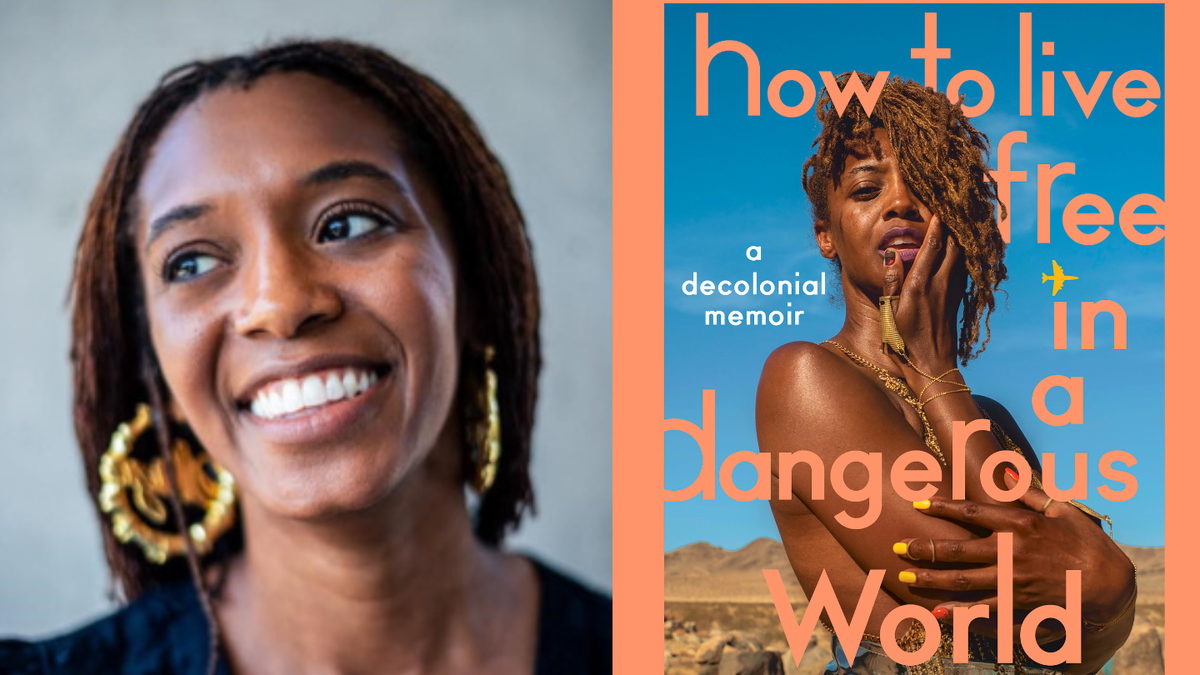
“Who told you you should be free? I did,” award-winning poet, journalist and professor Shayla Lawson asserts in their latest nonfiction book, How to Live Free in a Dangerous World: A Decolonial Memoir. The essay collection takes readers on an intimate journey of self-discovery, as Lawson finds love, community, healing and freedom through their globetrotting experiences.
The memoir is eloquently written and deeply personal, with the first chapter opening at a Prince concert in Minneapolis with Lawson in their mother’s womb. From there, readers are pulled into more than a dozen other travel stories that offer profound observations and knowledge on what it means to let go of things that are holding you back, and live in the world as a nonbinary, disabled, Black person.
“I’ve had those stories in my mind for quite some time,” Lawson shares with ESSENCE. “Going all the way back to the stories that are my origin point, the ones that helped me get my start in the world, the stories across the span of my life that I’ve always thought about—this was the first time that I got to compile [them] in one place.”
The memoir-in-essays consists of 17 chapters, with each one tied to a specific place. Whether Lawson is volunteering at an asylum seekers’ center in the Netherlands, attending a visceral Butoh performance in Japan or visiting Frida Kahlo’s home in Mexico, the underlying theme connecting each story is liberation.
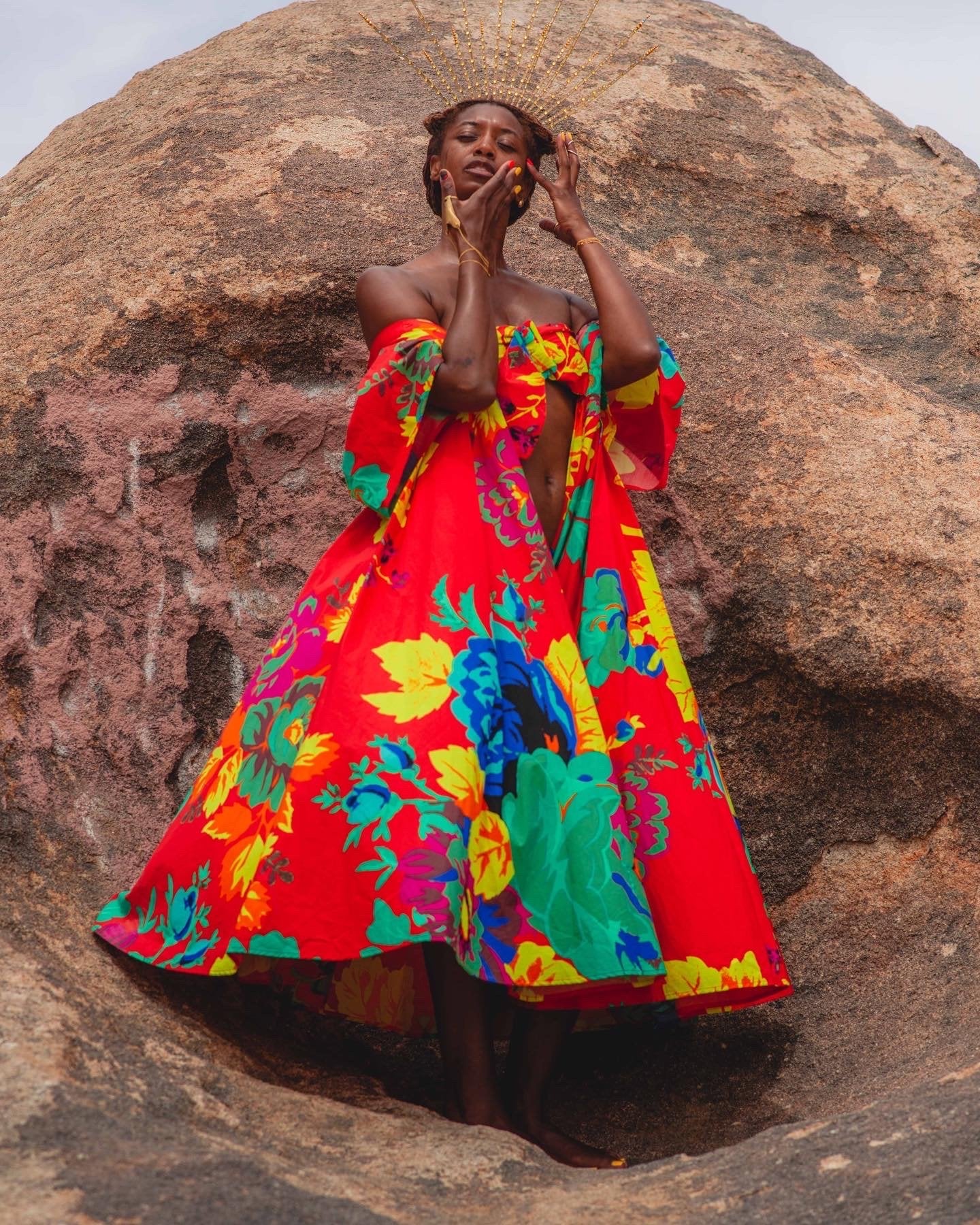
“The wonderful thing about the organization [of the book] is that it’s geared toward every reader taking themselves on their own journey,” Lawson says.
For ESSENCE readers specifically, Lawson recommends starting with the chapter “On Blackness,” which explores a first-time trip to Zimbabwe at the beginning of the Trump era, and then moving to “On Liberation,” in which Lawson contemplates the future while foraging in Bermuda. “That would be my travel map through this book,” they add. “From there, go where you want.”
Continue to read more of this dynamic conversation.
This interview has been edited for clarity and length.
ESSENCE: How to Live Free in a Dangerous World begins with a passage from Angela Davis: An Autobiography, which says: “Revisiting this text almost fifty years after I wrote it, I might call it something like ‘memoirs of a life dedicated to the quest for freedom.’” In what ways has writing been a form of personal freedom for you?
Shayla Lawson: [Writing] gives me the opportunity to voice things that I might otherwise be silenced on. That quote in particular sticks out to me because I think of How to Live Free in a Dangerous World as a book dedicated to the quest for freedom and what that looks like on the scale of a life. That it might not be about every protest and picket line, but sometimes it’s just about the conversations that you have and the ways that you learn to think about the world differently. And that’s what traveling has enabled me to do.
Freedom is not the thing that we focus on, but liberation. Because freedom can be an individual journey; liberation is about us all holding hands and moving forward.
ESSENCE: In this collection of essays, you talk about your marriage and divorce. How was it for you revisiting that time in your life?
SL: This was a good time for me to revisit it because I have so much context and I love being able to be on the other side and look back at those situations with a lot of love for what it means to go through a difficult rupture in your life. I’ve met so many people who have gone through divorces or the loss of family structure that they depended on, and I wanted to be able to represent that in the book by sharing my own experience. And it’s been about eight years since my divorce, so I feel like I kind of get to be an auntie in this capacity—and in a lot of capacity now that I’m getting older—of helping usher people through that time, and [let them] know that a life full of excitement and bravery and wonder can often be on the other side of being single.
ESSENCE: What was the editing process like for this memoir?
SL: When I wrote this book, I was very sick, so I spent much of my time just leaving my cell phone on my chest and recording the individual chapters, instead of actually sitting down at a desk and writing them in the way that I normally would have. And that lent it to being a much more vulnerable, conversational book than what I’m used to writing when I approach a page.
My editors at Tiny Reparations were wonderful in us just creating this organic process in which we let that rawness shine through as opposed to trying to polish it all out. [The chapters are] really lyrical essays that almost anybody could pick up and understand. Even though they’re about difficult topics, that’s what kind of resulted in the fact that I had to discover a new writing process that involved a lot more speaking than typing. And we were all collectively really excited with the way the voice came out.
ESSENCE: More and more Black folks are traveling and leaving the U.S. to live abroad. What advice do you have for individuals who are looking to embark on their first big solo trip or move out of the country altogether?
SL: I’m really interested in encouraging us to challenge the conceptions that we have of who we are based on living in America. Being African American is a particular identity that we don’t necessarily think about all the time, the ways that it has been structured around our otherness. Whereas when we go into the rest of the world, there are so many people who identify with us on this larger scale of what it means to be a Pan-African society, a diasporic society, a very broadly Black society. And there is so much more to what it means for us to be a part of that global citizenship and what it means to just be part of one particular country.
I love the idea of just challenging everything about your conception of who you might be. That’s what traveling helped me do. For instance, when I think about pronoun usage, what inspired me to use they/them is the fact that the countries that I would’ve come out of, the countries that so many of us come out of as African Americans, don’t use pronouns in their regular language.
Very much in the same way that Malcolm X took the “X” to identify himself as on a journey, I use they/them as a way to say I too am on a journey of recovering what it means for me to be a person beyond just the way that citizenship has been bestowed upon me in America. And who would I be if it weren’t for the idea that my ancestors were transitioned over into this completely different culture? What would I have been allowed to become? What would I have thought about myself? When we start embarking on travel, those are the questions that I want all Black people to be asking.
ESSENCE: What has been your most transformative travel experience thus far?
SL: My most transformative travel experience has been going from being a regular, walking person to transitioning into being a disabled person, like what I describe in the book as being a crippled person. Because, for all of us, our most transformative experience in travel is time. And it’s the one that we think about the least on the day to day. We might think about the places that we go on the map, but we forget that each day we are journeying into a new version of ourselves as we continue to grow.
ESSENCE: Are you at a point in your life where you feel like you’re living free?
SL: I am. But as Angela Davis would say, freedom is a constant struggle. I can say I am because I can look intently at the freedoms that I am fighting for and say that I have awoken to the importance of making sure that my liberation is not something that I leave up to someone else as a responsibility. But at the same time, the continued marginalization and discrimination that I face as a disabled person, is something that I am continuing to learn to advocate for and to fight for my freedoms in this world for.
What keeps me motivated at all times is being a teacher, being a professor, being an instructor. Knowing that my example leads to an opportunity to provide space [and] pave way for the next generation.
So, I say yes because I’m on that path, freedom is not the thing that we focus on, but liberation. Because freedom can be an individual journey; liberation is about us all holding hands and moving forward.
ESSENCE: What do you hope this decolonial memoir provides for readers?
SL: I see it as a survival guide for the past, for the future, a way to look at all of the things that are puzzling us or that we find tricky in this particular world. I loved when I was in Zimbabwe and I had to start questioning even the idea of what it meant to be a Black person, even though I’d spent my entire life feeling as if I knew definitively what it meant for me to be Black. My friends in Zimbabwe gave me an entirely different perspective on what blackness meant and how I could share that with the rest of the world.
ESSENCE: Now that the book is out, what’s next for you?
SL: I have so much more writing to do. So much more writing and so much more traveling to do. I just want to continue to inspire and be inspired and make sure that the liberation continues.

